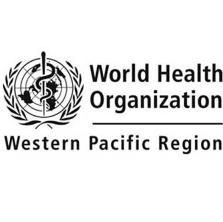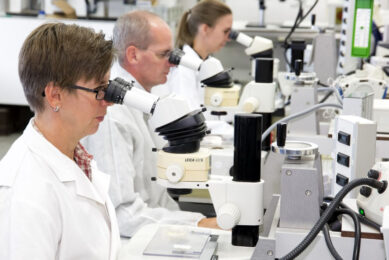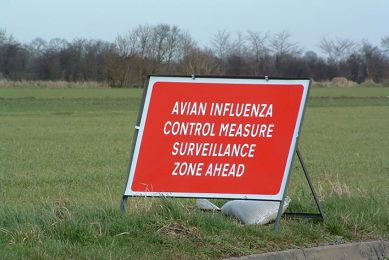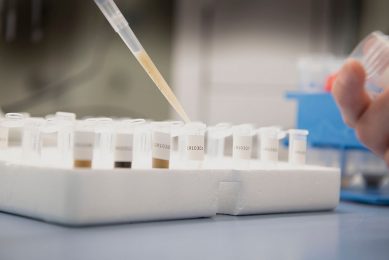World Health Report 2007: A safer future

More than at any previous time in history, global public health security depends on international cooperation and the willingness of all countries to act effectively in tackling new and emerging threats.
This is the clear message of this year’s World Health Report, A Safer Future.
Key recommendations
There are several key recommendations to secure the highest level of global public health security: full implementation of the revised International Health Regulations (IHR 2005) by all countries; global cooperation in surveillance and outbreak alert and response; open sharing of knowledge, technologies and materials, including viruses and other laboratory samples, necessary to optimise secure global public health; global responsibility for capacity building within the public health infrastructure of all countries; cross-sector collaboration within governments; and, increased global and national resources for training, surveillance, laboratory capacity, response networks, and prevention campaigns.
New diseases
In our increasingly interconnected world, new diseases are emerging at an unprecedented rate. Since 1967, at least 39 new pathogens have been identified. Other centuries-old threats, such as bird flu , continue to pose a threat to health through a combination of mutation, rising resistance to antimicrobial medicines and weak health systems.
“Given today’s universal vulnerability to these threats, better security calls for global solidarity,” said Dr Margaret Chan, director-general of the World Health Organization (WHO). “International public health security is both a collective aspiration and a mutual responsibility. The new watchwords are diplomacy, cooperation, transparency and preparedness.”
Global response to H5N1
The need for global solidarity is especially clear in the response to outbreaks of infectious diseases. WHO and its partners are closely involved in the global response to H5N1 avian influenza , which has caused huge outbreaks in poultry and at least 308 human deaths since it was first isolated in humans in 1997.
This World Health Report traces the history of efforts to contain infectious diseases. It describes the evolution of outbreak surveillance and response activities of international partnerships of agencies and technical institutions.
Human factors
The report also shows how and why diseases are increasingly threatening global public health security. Several human factors behind public health insecurity are outlined, including: inadequate investment in public health resulting from a false sense of security in the absence of infectious disease outbreaks; unexpected policy changes; conflict situations when forced migration obliges people to live in overcrowded, unhygienic and impoverished conditions heightening the risk of epidemics; microbial evolution and antibiotic resistance; animal husbandry and food processing threats.
International Health Regulations
The revised International Health Regulations (2005) are based on the premise that no country can fully protect its citizens in isolation or through traditional border controls. The IHR 2005 is a set of rules that governs how countries should assess and report to WHO public health emergencies of potential international concern. The broad definitions of “public health risk”, “disease” and “event” ensure that risks caused by the accidental or intentional release of pathogens or chemical or radionuclear materials are covered by the Regulations.
Since the IHR 2005 entered into force, almost all of the 193 WHO Member States have established their national IHR focal points, with 179 designations. Since then, WHO has been receiving alerts of health events on a regular basis, conducting joint risk assessments with the notifying State(s) and sharing real-time information with other Member States.
Related links:
To view the full report, click here
Join 31,000+ subscribers
Subscribe to our newsletter to stay updated about all the need-to-know content in the poultry sector, three times a week. Beheer
Beheer








 WP Admin
WP Admin  Bewerk bericht
Bewerk bericht